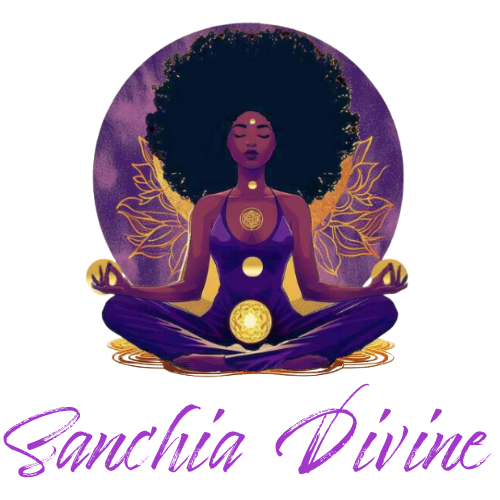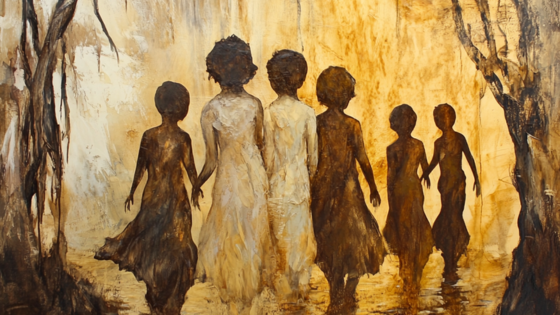Generational trauma, also known as ancestral or intergenerational trauma, refers to the emotional, psychological, and behavioral patterns passed down through families. These traumas can stem from deeply rooted experiences of pain, abuse, neglect, or oppression that are not only carried by those who experienced them firsthand but also by their descendants. Breaking these cycles is crucial for fostering healing, positive change, and the creation of healthier, more fulfilling lives for future generations.
In this blog post, we’ll explore the significance of addressing and healing generational traumas, share powerful stories of transformation, and offer techniques for breaking these cycles to bring about lasting positive change.
Understanding Generational Trauma
Generational trauma manifests in various ways, from unhealthy relationship patterns and self-destructive behaviors to chronic anxiety and feelings of worthlessness. These inherited wounds can deeply impact our sense of self, our relationships, and our overall well-being. Often, they are perpetuated unconsciously, as family members unknowingly pass down the same fears, limitations, and emotional scars they carry.
However, the cycle of trauma does not have to continue. By bringing awareness to these patterns and committing to healing, we can break free from the past and create a new legacy of love, resilience, and empowerment.
The Significance of Healing Generational Trauma
Healing generational trauma is not only about freeing ourselves from the pain and limitations of the past but also about creating a healthier foundation for the generations to come. When we heal, we do so not just for ourselves but for our ancestors and our descendants.
Why It’s Important:
- Breaking the Cycle:
- When we address and heal our inherited wounds, we stop the cycle of trauma from being passed down to future generations. This creates a ripple effect of healing that can profoundly impact our children, grandchildren, and beyond.
- Empowering Future Generations:
- By healing our trauma, we empower future generations to live their lives free from the burdens of the past. They can grow up with a stronger sense of self-worth, healthier relationships, and the ability to navigate life’s challenges with resilience.
- Honoring Our Ancestors:
- Healing generational trauma is also a way of honoring our ancestors. By acknowledging and addressing the pain they endured, we bring their struggles to light and transform their suffering into strength and wisdom. One individual’s healing will transform an entire generation – past, present, and future.
Techniques for Breaking Generational Trauma Cycles
Healing generational trauma requires intentional effort and a commitment to personal growth. Here are some techniques that can help you begin this transformative journey:
- Therapeutic Practices:
- Therapy, particularly approaches like EMDR (Eye Movement Desensitization and Reprocessing), trauma-focused cognitive behavioral therapy (CBT), and family therapy, can be instrumental in uncovering and healing generational trauma.
- Ancestral Healing Rituals:
- Engage in rituals that honor your ancestors and seek to heal the wounds of the past. This could include creating an ancestral altar, offering prayers, or performing ceremonies that acknowledge and release the pain carried through your lineage.
- Mindfulness and Meditation:
- Practices like mindfulness and meditation can help you become more aware of the patterns and behaviors rooted in generational trauma. Through consistent practice, you can begin to shift these patterns and cultivate healthier ways of being.
- Journaling and Reflective Writing:
- Journaling is a powerful tool for exploring your emotions, beliefs, and family history. Use prompts to reflect on the patterns you’ve observed in your family and how they may be influencing your life today. Write about your intentions to break these cycles and create a new narrative.
- Community Support:
- Healing is often more effective when done in community. Seek out support groups, workshops, or online communities where you can connect with others who are on a similar healing journey. Sharing your experiences and learning from others can provide invaluable insights and encouragement.
Breaking generational trauma cycles is a courageous and transformative journey that requires dedication, compassion, and a willingness to confront the past. By doing this important work, we not only heal ourselves but also create a more loving, empowered, and resilient future for those who come after us.
Remember that healing is a process, and it’s okay to take it one step at a time. The journey may be challenging, but the rewards—freedom, peace, and the ability to create a new legacy—are immeasurable.
I invite you to reflect on the generational patterns in your own life and consider how you can begin the journey of healing. Together, we can break the cycles of trauma and create a future filled with love, hope, and possibility.

